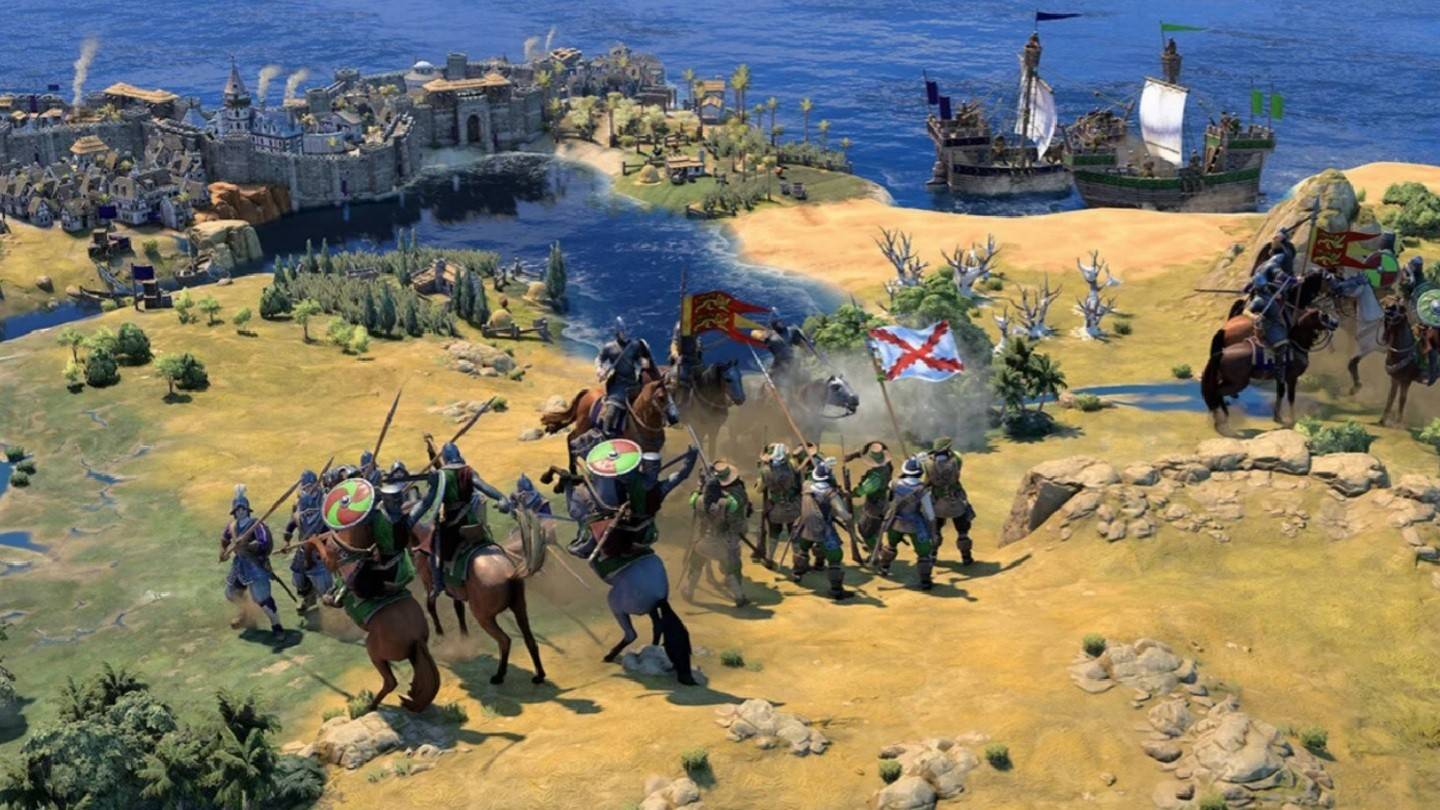
Sid Meier's Civilization VII initially faced criticism for its significant changes showcased during its first gameplay demonstration. However, based on final previews from journalists, the game's innovative approach is set to deeply resonate with strategy enthusiasts, promising not to disappoint.
The seventh installment of the series "shakes up" traditional gameplay by integrating a variety of new mechanics. A standout feature is the leader selection screen, which introduces a system where frequently chosen rulers can earn unique bonuses, enhancing player engagement. Additionally, the game spans multiple eras, including Antiquity and Modernity, allowing for "isolated" gameplay experiences within each time period.
Key Highlights of Civilization VII:
- The game introduces numerous mechanics that are new to the series, enriching the gameplay experience.
- Players can now select leaders independently from civilizations, adding a layer of depth to strategic planning.
- Three distinct eras are available: Antiquity, Medieval, and Modern, with each era offering a fresh start, akin to beginning a new game.
- The ability to swiftly alter the course of your civilization provides unprecedented flexibility in gameplay.
- The traditional laborer system is replaced; cities now automatically expand, streamlining city management.
- Leaders gain unique perks that unlock over time, rewarding player loyalty and strategic choices.
- Diplomacy is reimagined as a "currency" with influence points used to forge treaties, alliances, and to condemn other leaders.
- While the AI has room for improvement, co-op play is recommended for a more satisfying experience.
Gamers and critics alike view Civilization VII as the most daring attempt to reinvent the classic formula of the series, promising a fresh and engaging experience for both new and veteran players.


 LATEST ARTICLES
LATEST ARTICLES 












